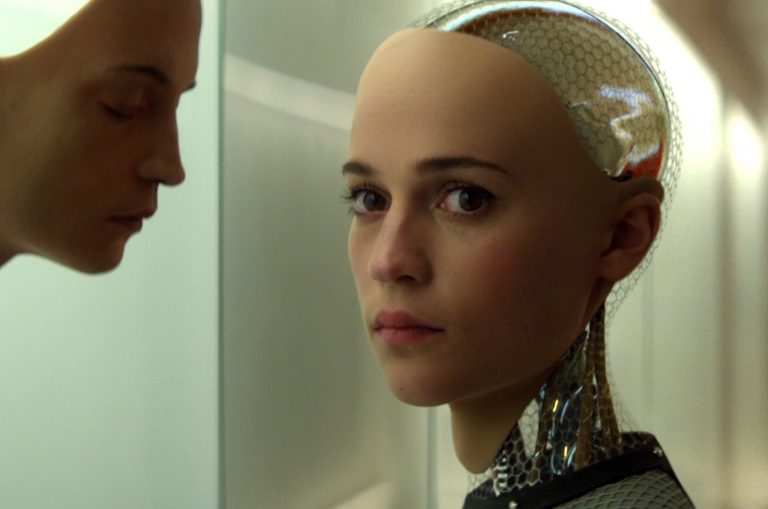Although the 21st century has seen a terrific rise in prestige television that has expanded the possibilities of prolonged storytelling, “Black Mirror” has been an experiment like no other. The BBC series, which gradually shifted to Netflix, is an anthology story examining the various sinister ways technology has complicated sociology, politics, and morality as it rapidly expands its grasp on everyday life. While the obvious comparison is to “The Twilight Zone,” “Black Mirror” exists within a gray area in which the stories don’t necessarily feel supernatural. While not specifically intended to be predictive, “Black Mirror” has succeeded in sparking debates that are either likely to come up in the near future or have already become relevant.
“Black Mirror” has returned for a surprising comeback in its seventh season, which includes some groundbreaking new concepts and clever sequels to previously established storylines. While an episode like “Eulogy” aimed to be a more heartfelt, wholesome piece of soulful reflection, the show also proved it has more to say about the fan-favorite “U.S.S. Callister” storyline.
As with any anthology show, “Black Mirror” has its hits and misses; the show has occasionally been too deliberate in drawing parallels to modern day, such as the political satire of “The Waldo Moment” that felt like an on-the-nose commentary on Donald Trump; similarly, an episode like “MazeyDay” hinged on a twist that was too easy to predict. Nonetheless, “Black Mirror” rarely fails to be interesting, which is not something that can be said about many shows that are in their seventh seasons. Here are the ten best episodes of “Black Mirror,” ranked.
10. “Shut Up And Dance” (Season 3, Episode 3)
One of the darkest episodes of the series, “Shut Up and Dance,” explored the fairly realistic concept of digital blackmailing, in which characters are forced to commit dangerous and malicious actions in order to prevent hackers from releasing disturbing secrets that they have attempted to cover. As with many of the best episodes of “Black Mirror,” it’s a concept that is expertly designed with minimal exposition; the character of Kenny, played brilliantly by Alex Lawther, is forced to take action with such kineticism that it is evident that his life depends upon whether or not he can appease his unseen tormenter. The morality of the episode shifts brilliantly in the final twist, as it crafts an interesting discussion regarding justice.
“Shut Up and Dance” may not be as aesthetically distinct as some of the weirder installments in the series, but its value comes from how close to reality it feels. The presentation of an omnipresent, faceless arbiter that uses information as an instrument of punishment is a far scarier examination of authoritarianism than some of the more obliquely sci-fi installments. Although “Black Mirror” has never been a series that has a particularly optimistic take on the future, “Shut Up and Dance” is as chilling, cynical, and upsetting as the show has ever been.
9. “Playtest” (Season 3, Episode 2)
While “Black Mirror” has been occasionally accused of being more philosophical than it is visceral, “Playtest” allowed the show to experiment with a lurid, spooky premise that generated some of the most engaging set pieces in the franchise’s history. Although augmented with modern depictions of immersive gaming technology, “Playtest” has a premise that could have very easily been the basis of a John Carpenter or Paul Verhoeven movie from the 1980s. While it would be absurd to compare him to those masters, director Dan Trachtenberg (who also helmed the excellent “10 Cloverfield Lane” and “Prey”) has a distinct visual flare and doesn’t shy away from visualizing what psychological torture looks like.
“Playtest” is just as interested in classism and economy as any of the best “Black Mirror” episodes; Wyatt Russell stars as a grieving drifter who, following his father’s death, takes part in an experimental gaming program in order to escape an identity theft crisis. Russell is entirely naturalistic in a performance that requires an earnest sense of working class charisma, and manages to give a mature, depthful performance that still consists of a lot of screaming and agony. While video game adaptations have been hit and miss, “Playtest” is a welcome subversion of what digital escapism really means.
8. “Beyond the Sea” (Season 6, Episode 3)
It would be hard not to recognize that “Black Mirror” has taken a dip in quality in the aftermath of its fourth season, as it has become harder for the show to catch up with real life when technology is evolving at such a rapid pace. In order to get around this issue, “Beyond the Sea” opted to take a retro-futuristic approach by setting its story in 1969. Aaron Paul stars as an astronaut whose consciousness can transfer back to an artificial copy of himself that remains on Earth with his wife (Kate Mara). However, he’s threatened by both his brutish astronaut partner (Josh Hartnett) in space and a group of Manson Family-esque killers that lead a crime spree on Earth.
Although the concept of artificial doubling is intriguing in its own right, “Beyond the Sea” succeeds as a result of the ethical questions it provokes: What determines someone’s individuality, and whose responsibility is it to determine the essence of one’s consciousness? The slick visuals add a pristine look to interstellar imagery lifted from the Golden Age of Science Fiction. At the same time, the suburban horror of a wholesome American countryside torn apart by inexplicable violence is just as enrapturing. “Beyond the Sea” showed that nostalgia could be just as exciting, terrifying, and thought-provoking as foresight.
7. “White Christmas” (Season 2, Episode 4)
The bleak, creepy undertones of a Christmas horror tale are well-trodden in such classics as “Black Christmas,” “Eyes Wide Shut,” and “Batman Returns” among others, but “White Christmas” proved to be a supersized, twisty anthology tale about the lethal side of the Hollywood blues. Essentially a noir tale set within the world of digital dating, “White Christmas” is simultaneously a warning about artificial intelligence, a window into the ethics of collaborative interactions, and a chilling story of toxic masculinity empowered by new devices. With its unreliable narrators, multifaceted social commentary, and subtle references to other installments in the “Black Mirror” universe, “White Christmas” is easily one of the most rewatchable episodes, as it is packed with latent details that make the entire experience more impressive.
“White Christmas” is another “Black Mirror” episode in which the neat, mannered perfection of the technological architecture has a jarring quality, as to create something so perfect would be to sidestep the ethical questions required to make creative decisions. The series has dealt with both the idea of technology’s inherent evil and how it can be used to modify the aggressive tendencies of troubled individuals, and “White Christmas” manages to explore both anxieties with equally foreboding scares.
Also Related to Black Mirror: The 10 Best Twilight Zone Episodes, Ranked
6. “San Junipero” (Season 3, Episode 4)
“San Junipero” may be the single most groundbreaking episode of “Black Mirror” for the simple fact that it is an optimistic story about love in the age of digital interactions and simulated reality. It would be too simple to claim that “San Junipero” offered a positive depiction of what technology is capable of, as the episode is not toothless in exploring its potential consequences; what’s perhaps even more powerful is that “San Junipero” has the simple message that “love conquers all,” instilling a sense of faith that people that truly belong together will find a way to reunite, regardless of what iteration it exists in.
“San Junipero” would not work nearly as well if it wasn’t for the tremendous chemistry between Mackenzie Davis and Gugu Mbatha-Raw, who both manage to craft individualistic, well-rounded performances as the 61-minute running time speeds by. Comparisons could be drawn with classic works of meta sci-fi, as “Eternal Sunshine of the Spotless Mind” and “Being John Malkovich” are obvious inspirations. But “San Junipero” manages to be genuinely sweet, whilst still dealing with headier topics. The challenge that “San Junipero” faced was convincing its audience, who had been trained by the show itself to be pessimistic, to believe that there are brighter days ahead; its success is critical to why “Black Mirror” has remained so undefinable.
5. “The Entire History of You” (Season 1, Episode 3)
“The Entire History of You” is among the most intimate episodes of “Black Mirror,” as it sets aside broader societal implications in favor of an examination of how technology impacts a specific marriage. The episode benefits from the strong writing of Jesse Armstrong, who would go on to create HBO’s masterpiece “Succession.” It also poses yet another interesting debate about trust: does true love mean being completely honest with someone else, or are some little white lies necessary for the health of the relationship?
Toby Kebbell is among the more underrated actors of his generation. Despite the great character work he has done in such films as “A Monster Calls” and “Match Point,” Kebbell succeeds in “The Entire History of You” by showing how anxiety and curiosity can drive one man to the point of toxicity. He stars as a workaholic who grows concerned that his wife (Jodie Whitaker) has had an affair with his best friend (Tom Cullen), leading him to obsessively analyze audiovisual memories in search of clues. Whether he was always a jealous aggravator or if he grow more spiteful as a result of the technology at his disposal is something that “The Entire History of You” leaves up to interpretation, but it’s rather impressive that “Black Mirror” is able to provoke so much thought from an otherwise straightforward domestic drama.
4. “Fifteen Million Merits” (Season 1, Episode 2)
While the “Black Mirror” pilot, “National Anthem,” suggested that society was itself complicit in a sordid agenda, “Fifteen Million Merits” offered a more imaginative version of a dystopian future overrun by aggressive capitalism. “Fifteen Million Merits” is among the most complex episodes of the entire show in terms of the sheer number of topics it addresses. It’s a futuristic romance set within a gloomy digital reality, and it manages to address both the corruptive influence of anonymous subscribers and the consequences of turning experiential ordeals into a commodity.
Although the world-building itself is a bleak, startlingly familiar escalation of the worst of digital interactions as they exist today, “Fifteen Million Merits” is at its most overwhelming due to the excellent performances of Daniel Kaluuya and Jessica Brown Findlay. Their romance may have been doomed from the start, but the final twist is the type of heart-wrenching that most shows would not dare to take. “Black Mirror” is able to remain timely, even when its innovations have expired, because of its distinct aesthetic qualities; the stark, sharp walls of “Fifteen Million Merits” have the same off-putting quality as the dystopian futures of “THX-1138,” or “Brazil.” If “National Anthem” felt provocative for the sake of shock value, “Fifteen Million Merits” proved that “Black Mirror” was willing to engage with ramifications of its radical ideas.
3. “Hated in the Nation” (Season 3, Episode 6)
Had it been given a theatrical release, the 89-minute “Hated in the Nation” may have been heralded as one of the most distinct, engaging works of original science fiction within the past decade. The fact that it is regarded as simply “one of the best” installments of “Black Mirror” is an indication of how consistently strong the show has been. While it begins as a straightforward techno-thriller in the vein of early “The X-Files” or “Dark City,” “Hated in the Nation” becomes a far more substantive look at the roles that both law enforcement and government play within fundamental issues. While they may dictate policies, these infrastructural bodies cannot change the will of the people they are sworn to protect and serve.
This sparks a crisis of ethics when the population favors a rigorous process of cyberbullying and allows for the world’s environmental issues to grow more drastic. Few episodes of “Black Mirror” are as propulsive as “Hated in the Nation,” which moves between set pieces at such a rapid rate that it’s easy to overlook the hidden clues that link it to “White Bear,” “National Anthem,” and “Playtest,” among other episodes. “Black Mirror” is frequently disturbing, but no installment captures hopelessness in the same way that “Hated in the Nation” does.
2. “U.S.S. Callister” (Season 4, Episode 1)
“Black Mirror” has succeeded based on the premise of offering a reflection of society as it exists today, as most episodes change one fundamental aspect of reality and examine its repercussions. “U.S.S. Callister” is the first installment directly designed to analyze another piece of media, as the episode examines a far darker version of what a “Star Trek”-esque space opera would look like. While it is certainly entertaining to see the willfully optimistic, exciting version of Gene Rodenberry’s beloved adventure show through the twisted prism of “Black Mirror,” “U.S.S. Callister” extends a step further to dissect the ways in which media offer an opportunity for obsessive fans to indulge in their most disturbing fantasies.
“U.S.S. Callister” is set in the distant future where the brash, sexist Captain Robert Daly (Jesse Plemons) leads the crew of a starship on an intergalactic adventure but steadily reveals the entire premise to be a simulated fantasy created by a lonely tech designer. Daly’s subordinate, the programmer Nanette Cole (Cristin Milioti), exists as both his real-life crush and his fantasy love interest; as the two realities fold into each other, Nanette’s life is put in legitimate danger. Expertly staged and surprisingly fun, “U.S.S. Callister” uses its broad satire to debate more prescient issues.
1. “Black Mirror: Bandersnatch” (2018)
While a concept as experimental as that of “Bandersnatch” may have felt like a gimmick within most other settings, the mixed-media format is perfectly suited for the immersive universe of “Black Mirror.” In the vein of a classic “Choose Your Own Adventure” novel, “Bandersnatch” allows the viewer to determine the decisions made by the young game programmer Stefan Butler (Fionn Whitehead), whose obsession with developing a new project leads him to reflect upon his traumatic upbringing, his strained familial relationships, and the sinister motivations of his employer. By giving the audience the chance to determine their own fate, “Bandersnatch” offers an active example of how free will scenarios could play out.
There’s certainly a novelty in the concept, as “Bandersnatch” is remarkably fluid in its transitions, offering a complete narrative arc for each scenario. The frustrations some may feel about the abrupt or repetitive endings only underscore the deterministic themes that the episode is addressing. Although its themes are familiar at times, they’ve rarely been executed so cleanly, as “Bandersnatch” literalizes the way art reflects life within both its premise and execution. “Black Mirror” has avoided being “safe,” and “Bandersnatch” is a natural evolution of the inherently challenging ways that the series engages with its audience.

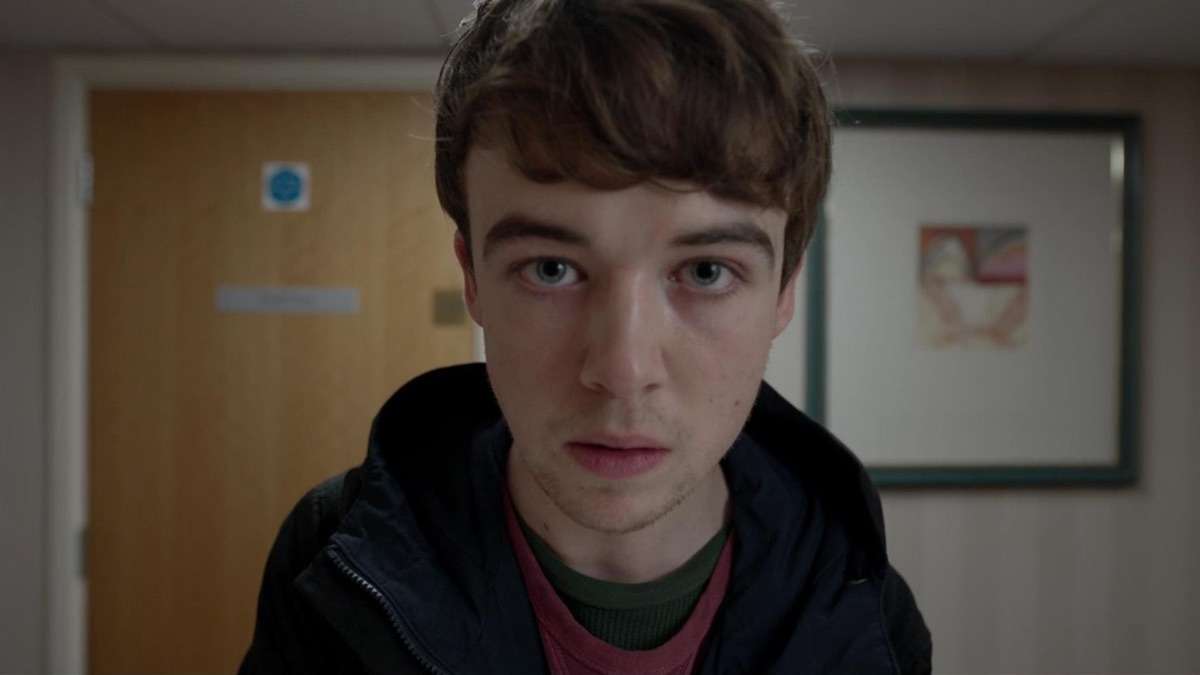
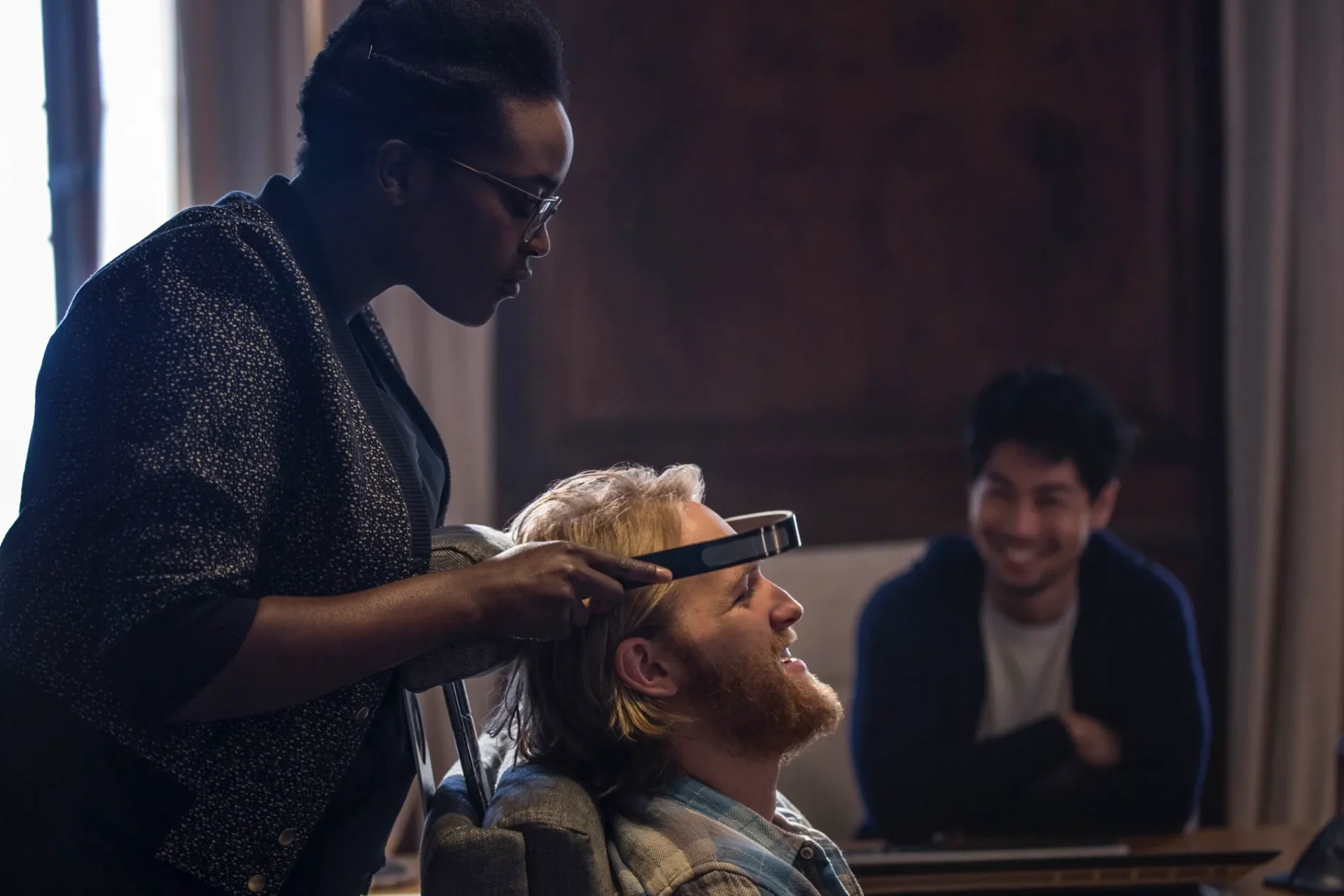
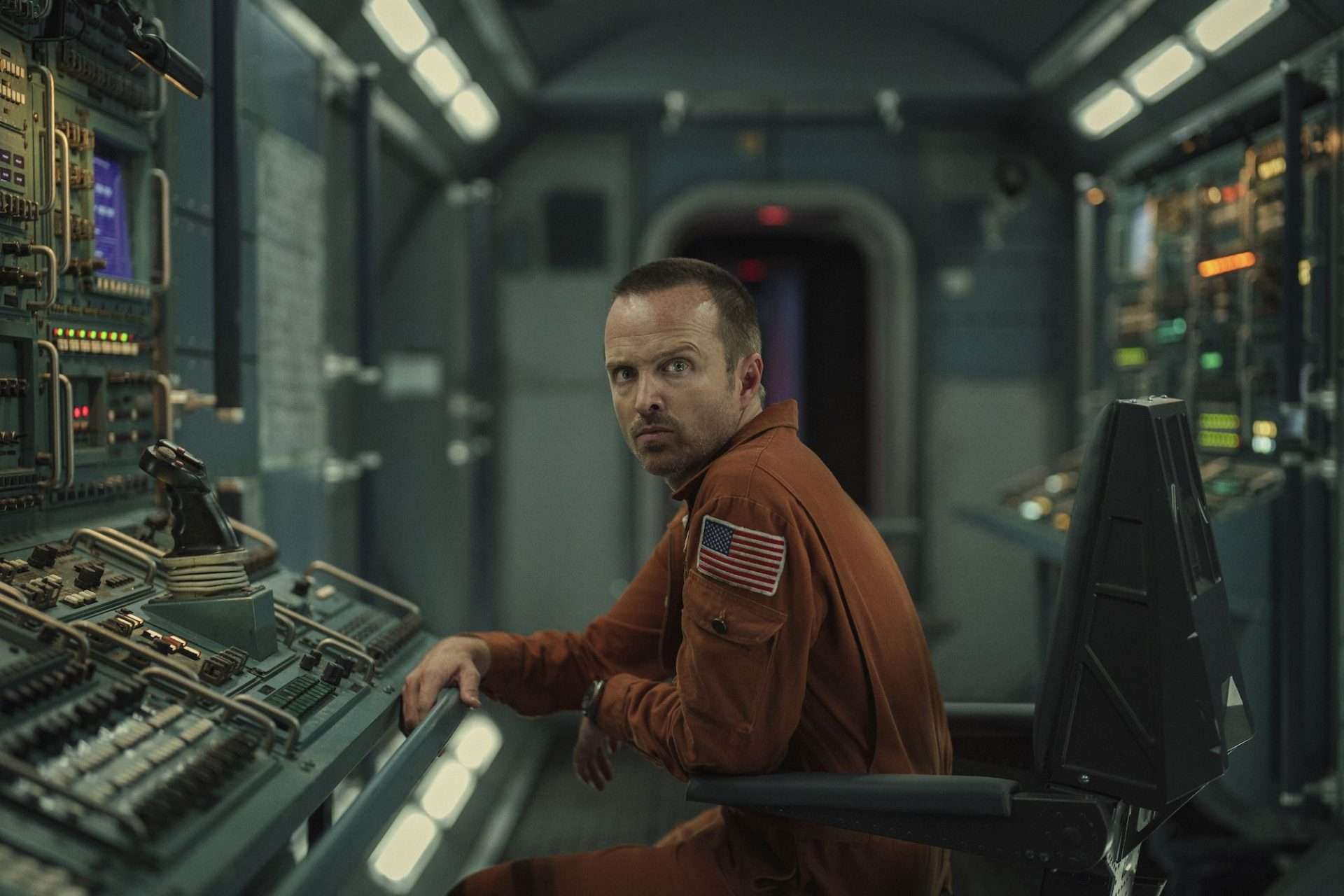
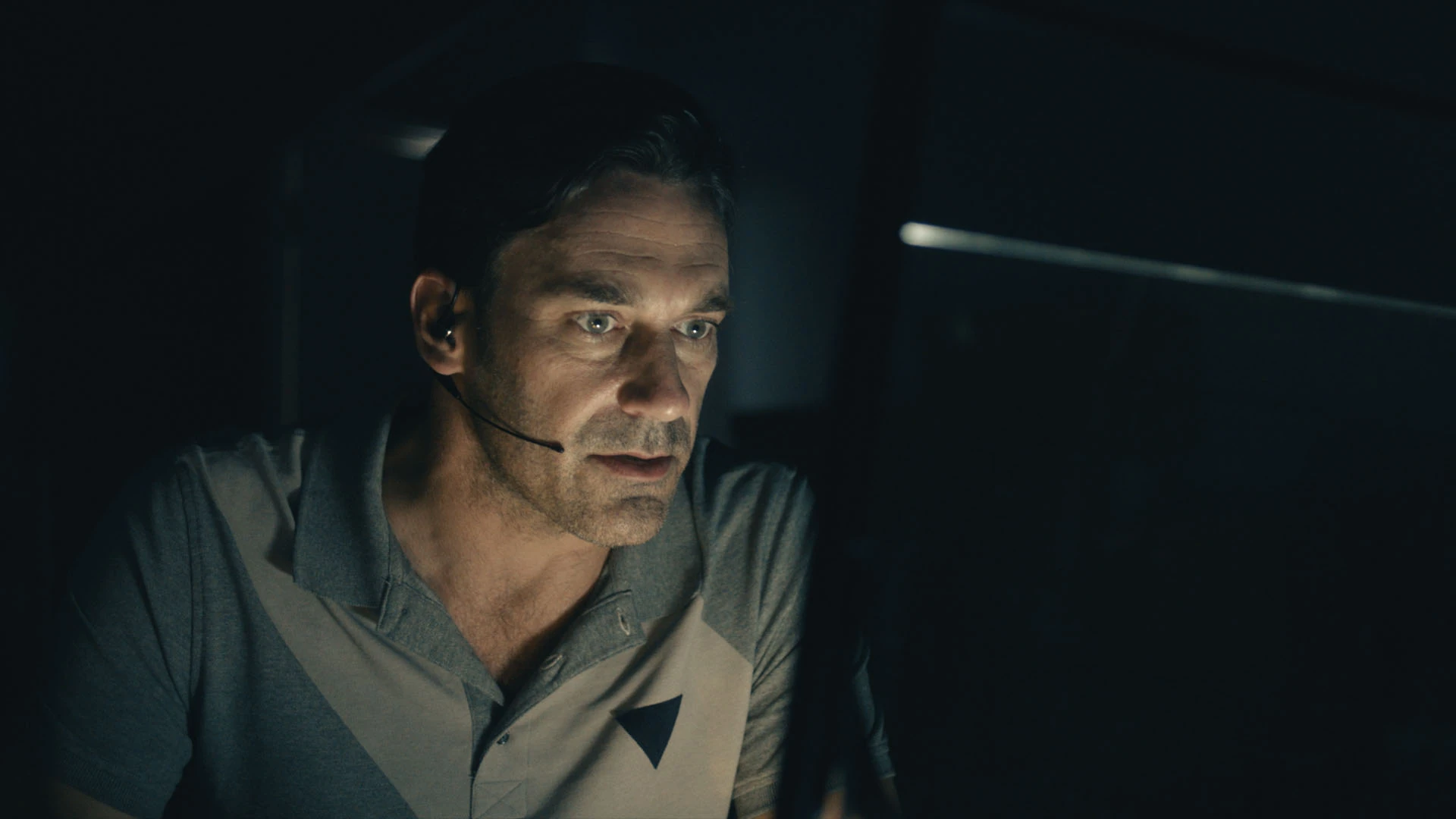
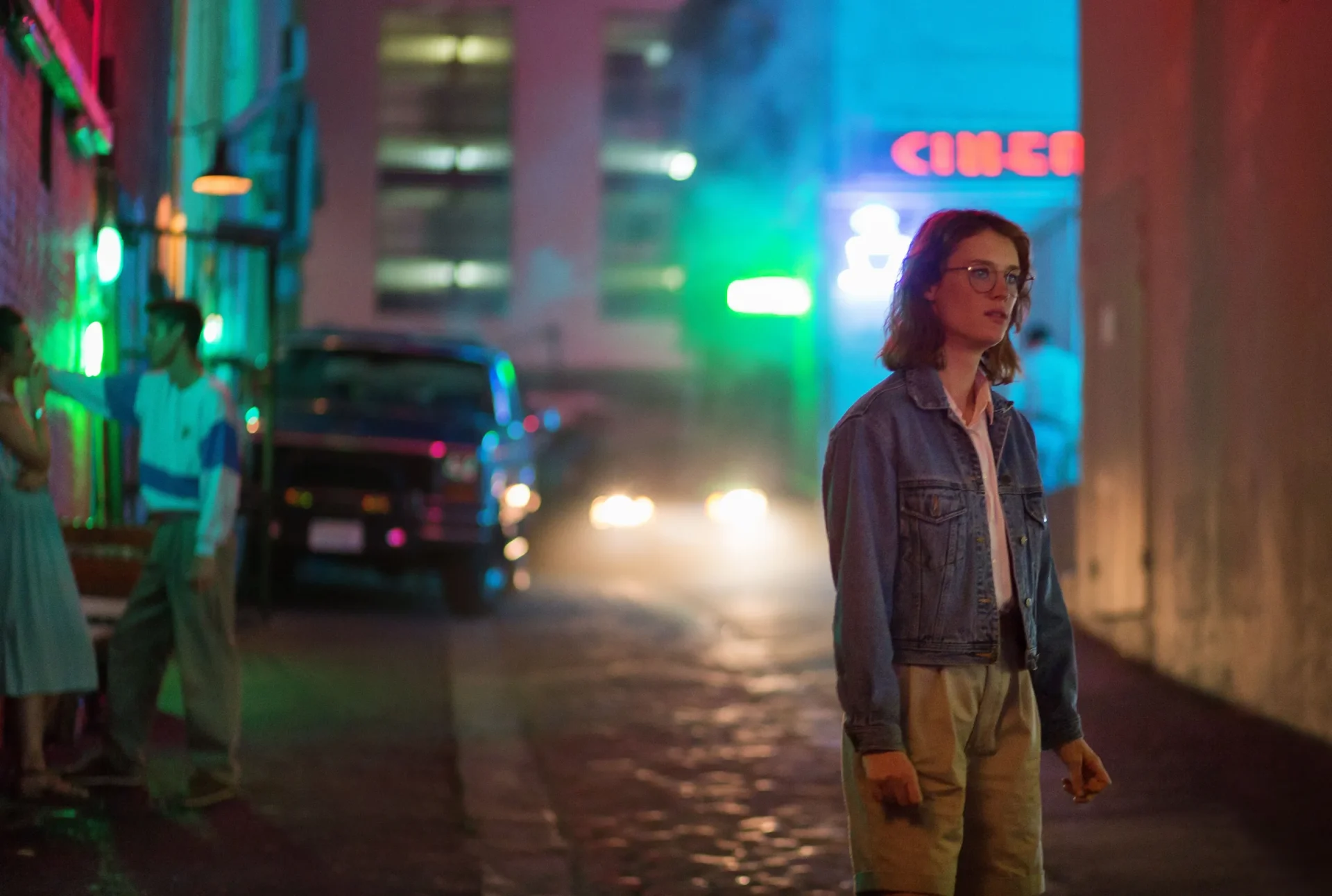
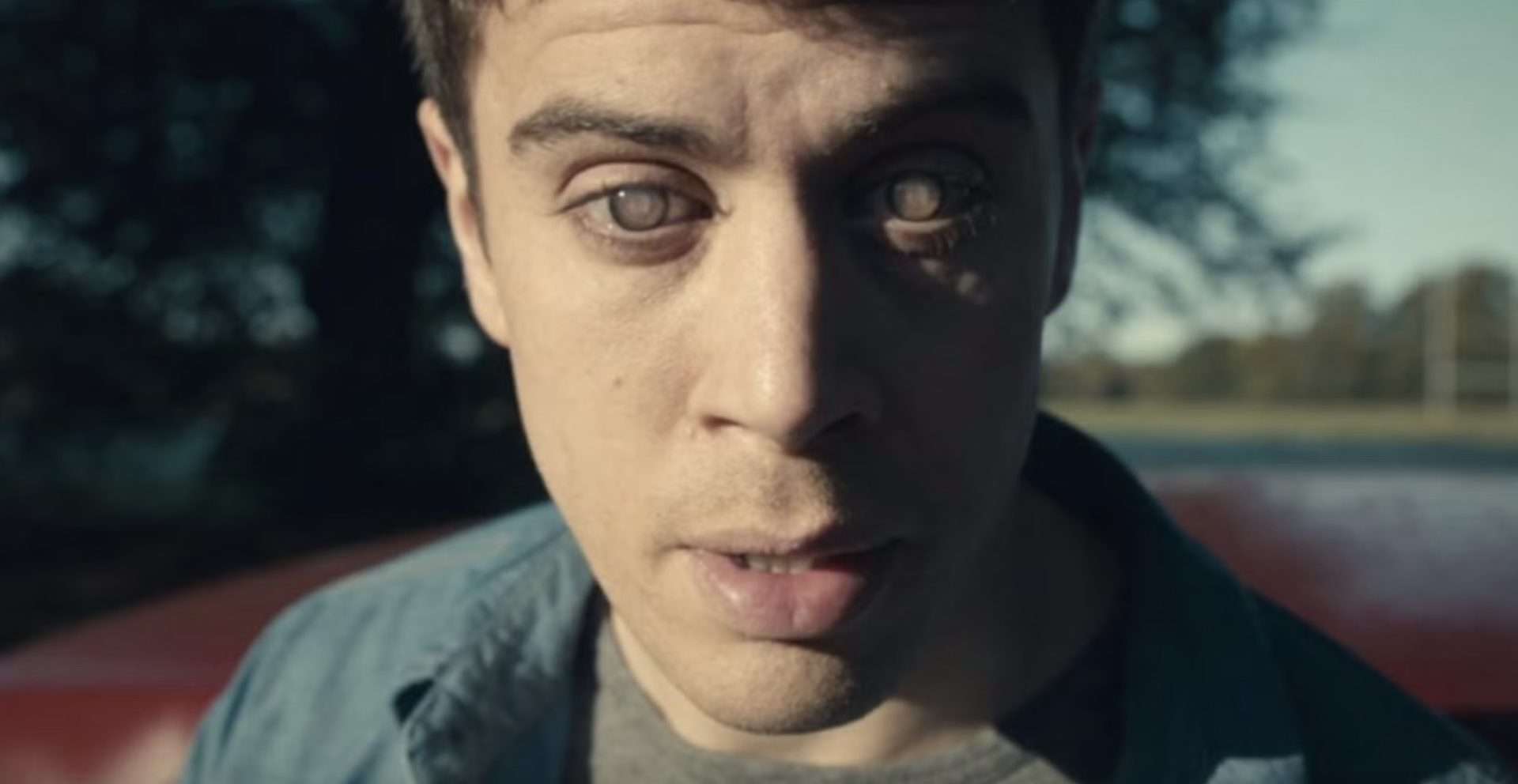
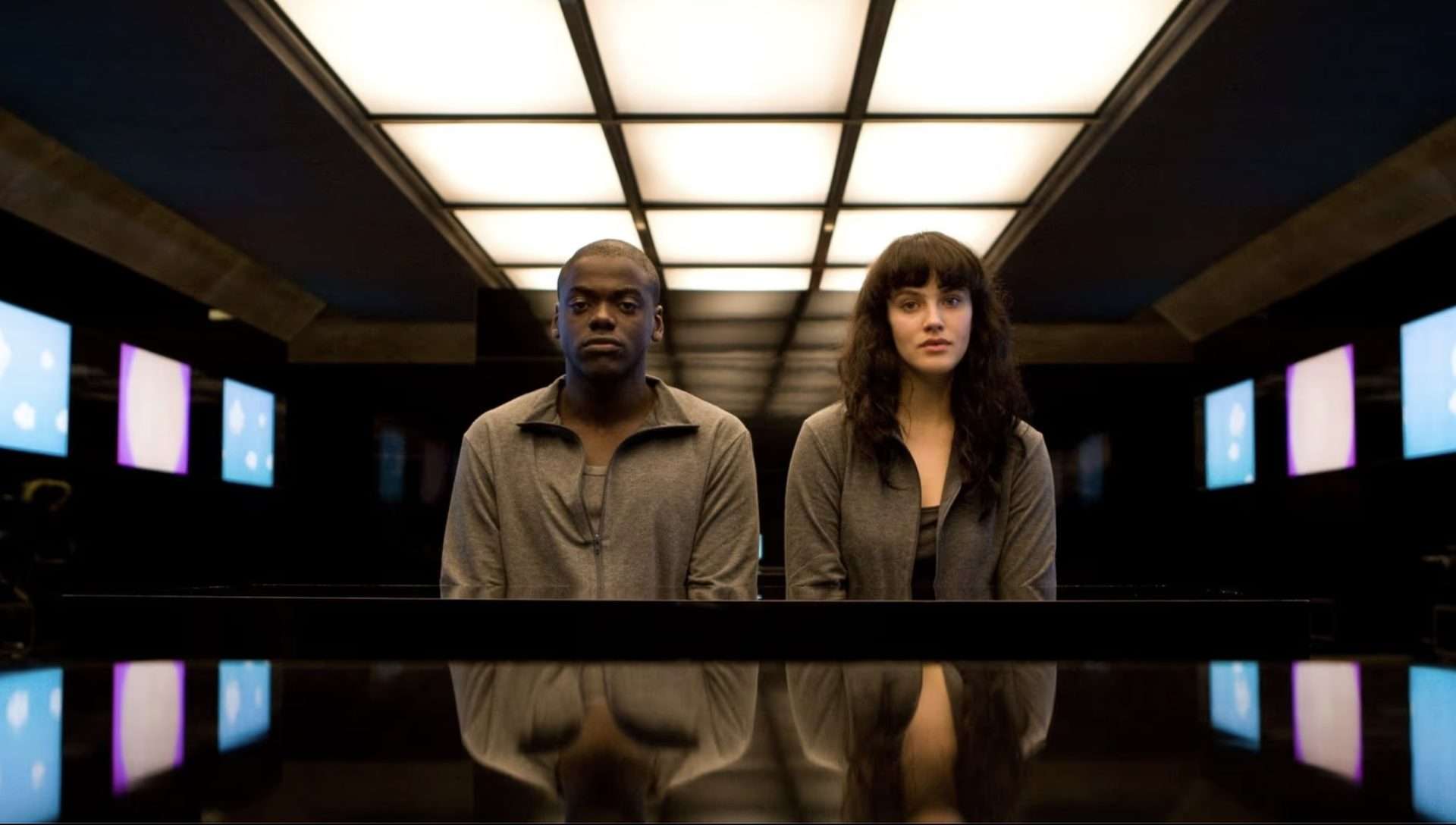
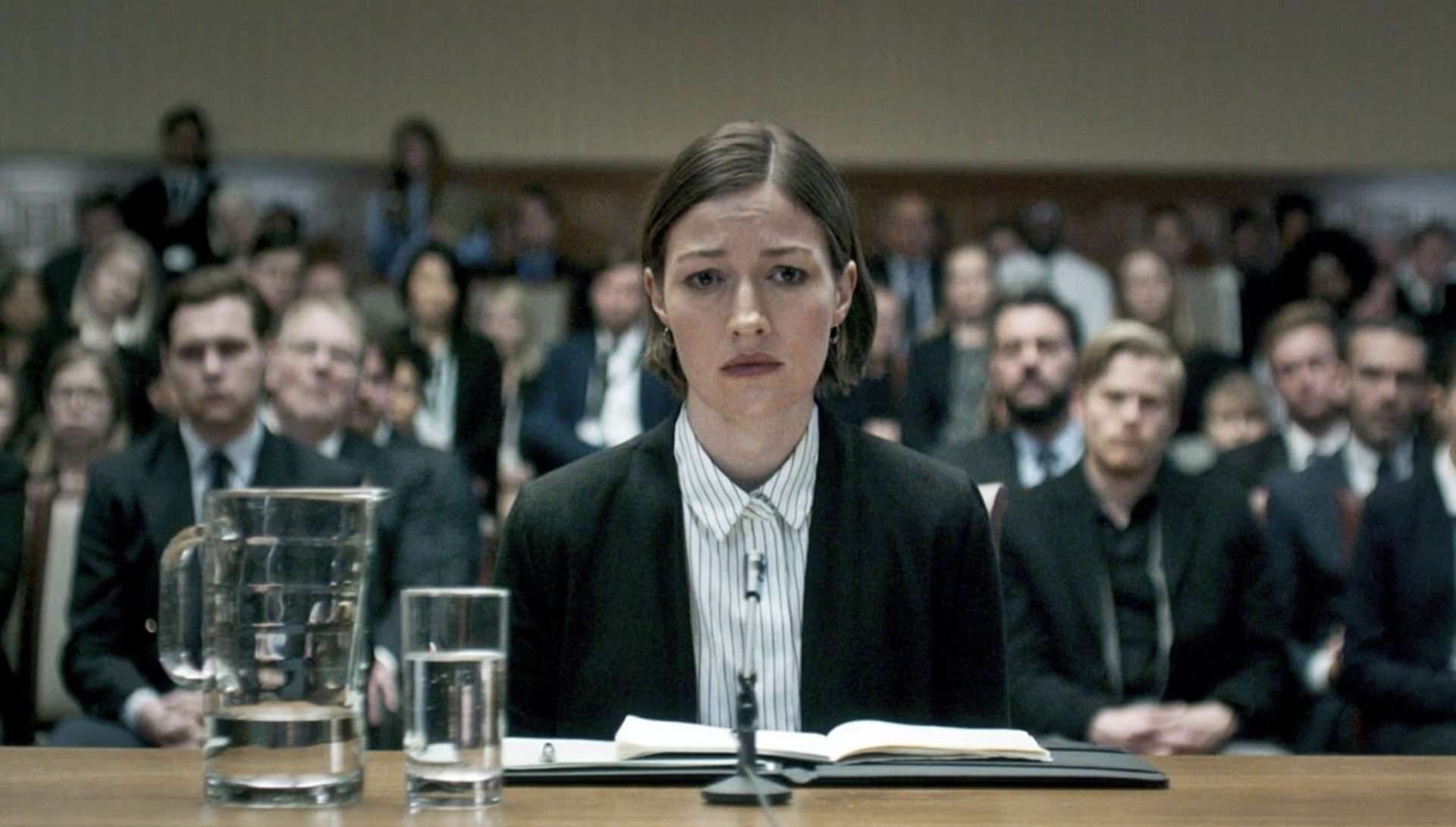
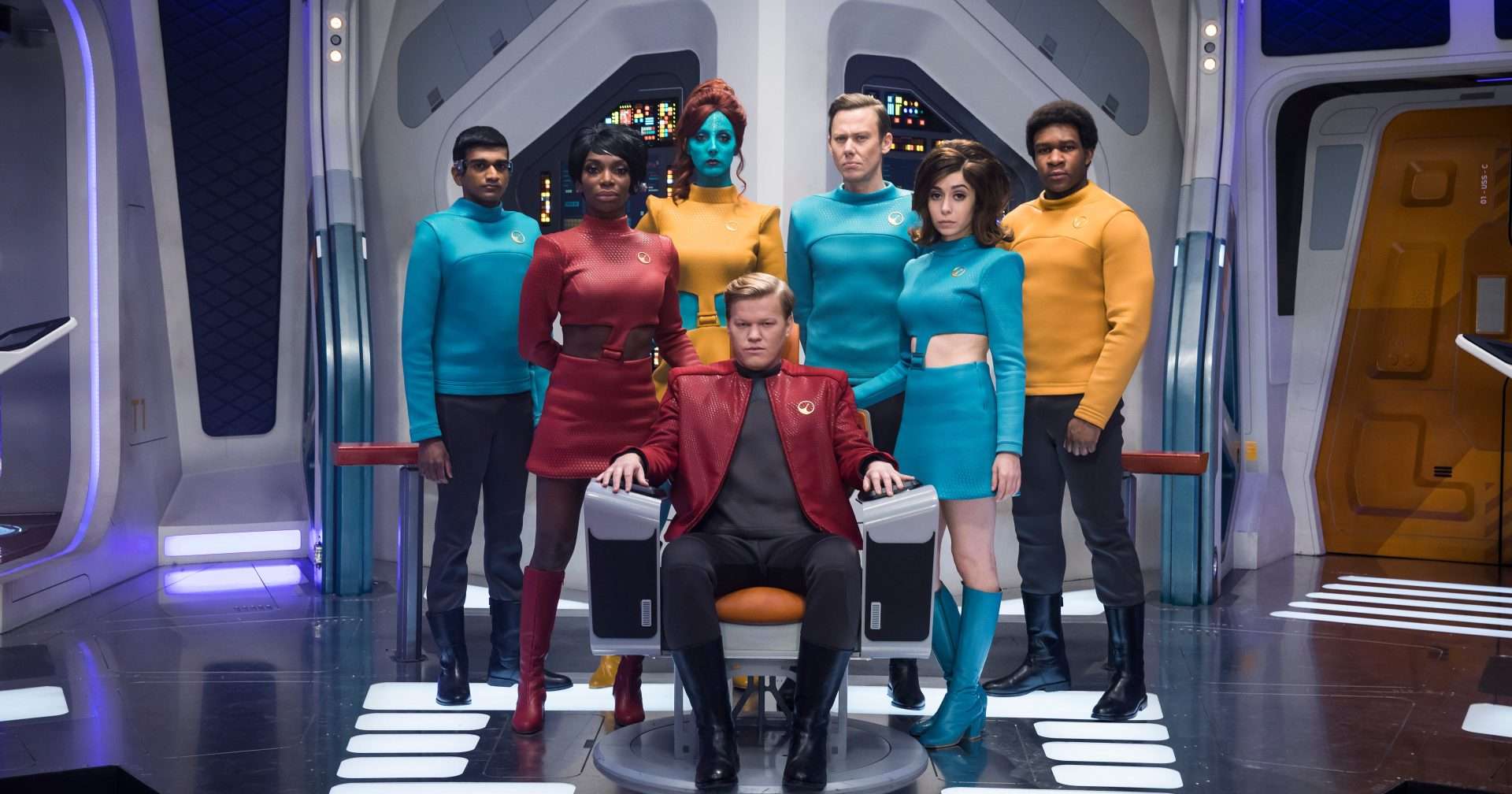
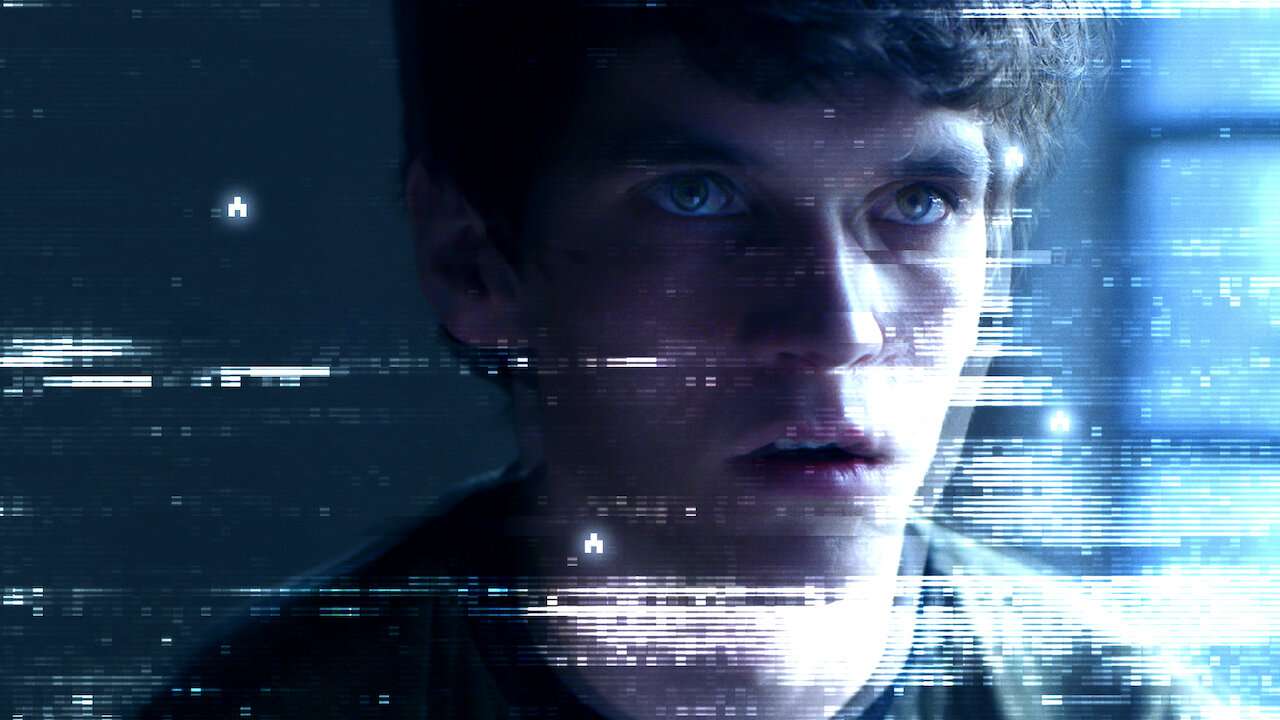


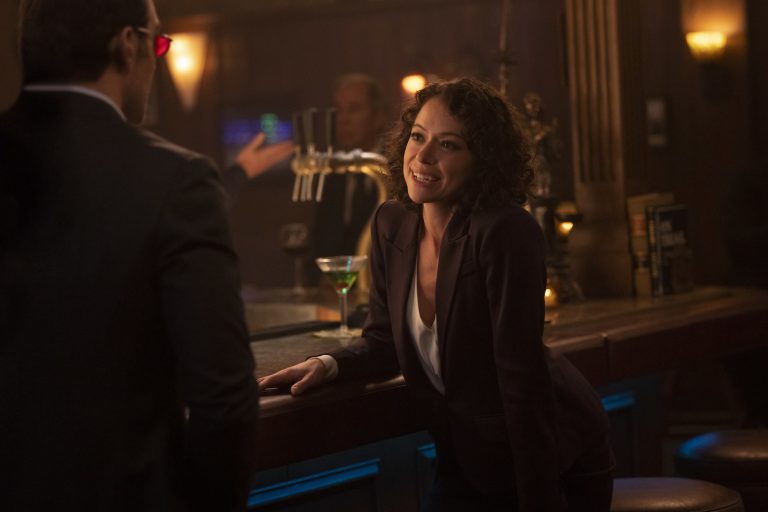
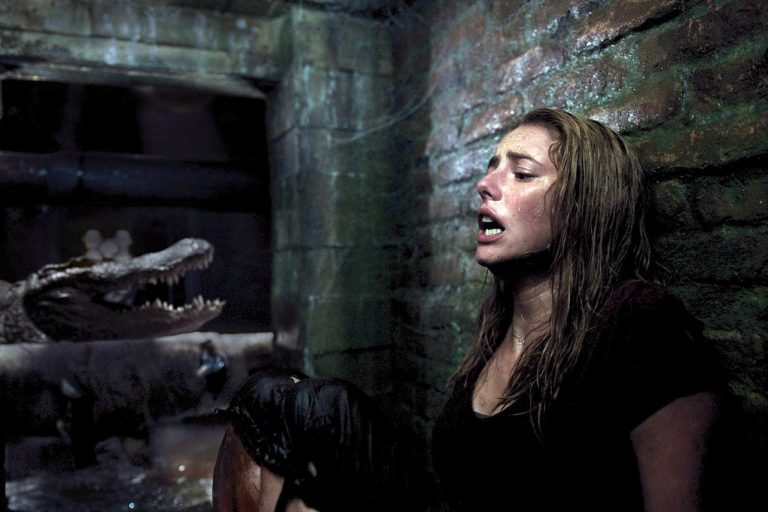
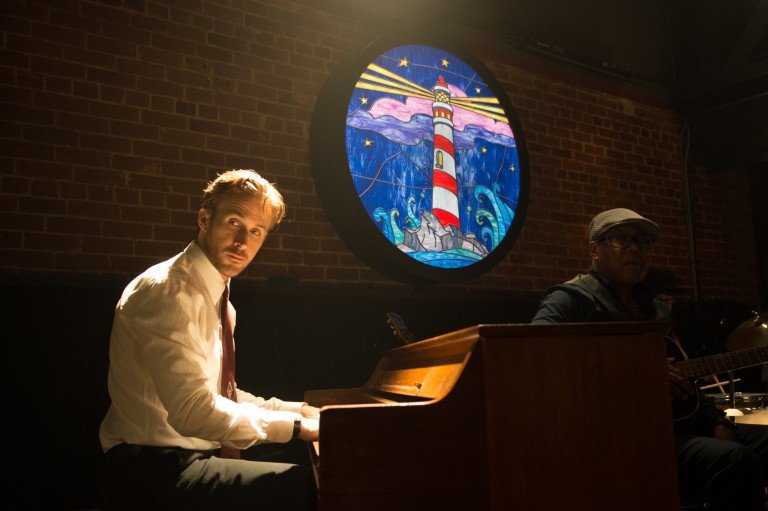
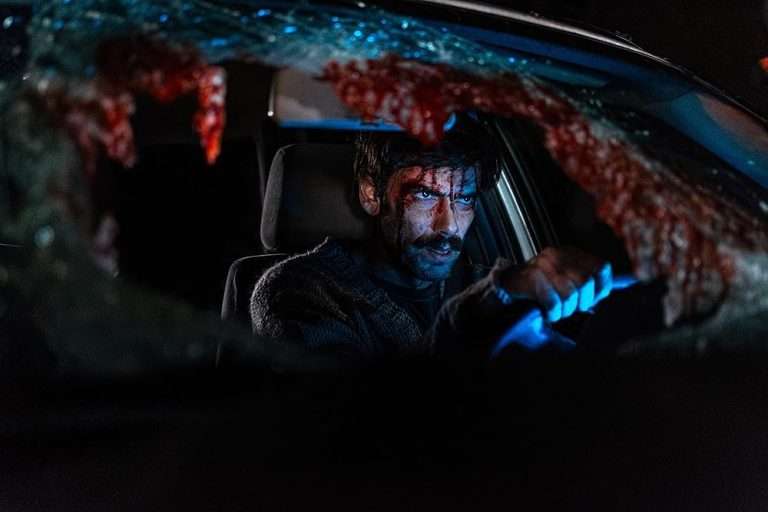
![Hereditary [2018]: An Unsettling Family Drama that will leave you Cold!](https://79468c92.delivery.rocketcdn.me/wp-content/uploads/2018/06/Herediatry_HOF-768x421.png)
